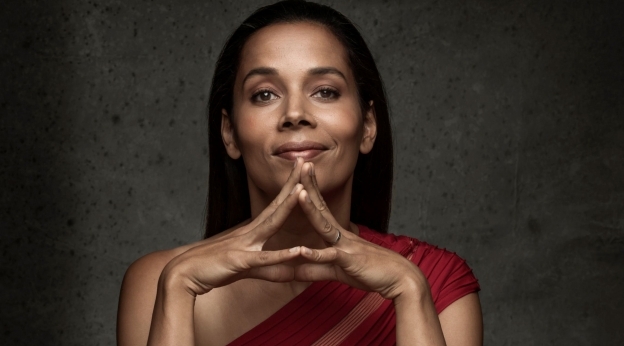“T Bone Burnett offered to do a solo record for me after we did the Another Day, Another Time concert together in New York,” Giddens says. “A lot of things happened there – I guess I made a big splash, and T Bone decided that I had been in a band for long enough and it was time to do something on my own.
“I’m the kind of person that just does what’s in front of me, and I was there to do some songs, and get in and get out, and I didn’t expect that performance to lead to what it did. It was such a fairy tale story.”
Apart from the Coen Brothers tribute, Giddens has featured on a number of compilation albums, adding her vocal stylings to the musical creations of those who have come before her. This has given her the chance to work with some of the biggest names in music, including Tom Jones, with whom she recorded tracks for 2014’s The Wexford Carols; a compilation of traditional Irish Christmas carols.
“I love collaborations in general,” Giddens says. “Whenever I get the chance to work with other people who are in it for the same reasons that I am, which is for the music and the heart and the spirit… One of my favourites was definitely the Bob Dylan compilation we did for Amnesty International, Chimes Of Freedom. [Carolina Chocolate Drops] did the recording to tape and it was a really memorable day.”
Released last year, Giddens’ debut solo album, Tomorrow Is My Turn, includes a number of songs penned by prominent female musicians such as Dolly Parton. Elizabeth Cotte and Sister Rosetta Tharpe. The selection came easily to Giddens – it was simply a matter of including the tracks that didn’t quite fit the sound of Carolina Chocolate Drops.
“It really came out of my experiences and an urge to pay homage to the women who had come before me. Being a woman musician, you’re in the minority, even though that is changing slowly. You see yourself surrounded by men all the time, not just as performers. There are loads of female performers, but where you start to really notice the divide is when you get into management and producing and labels – that can make it feel very, very isolating.”
BY TEGAN REEVES

